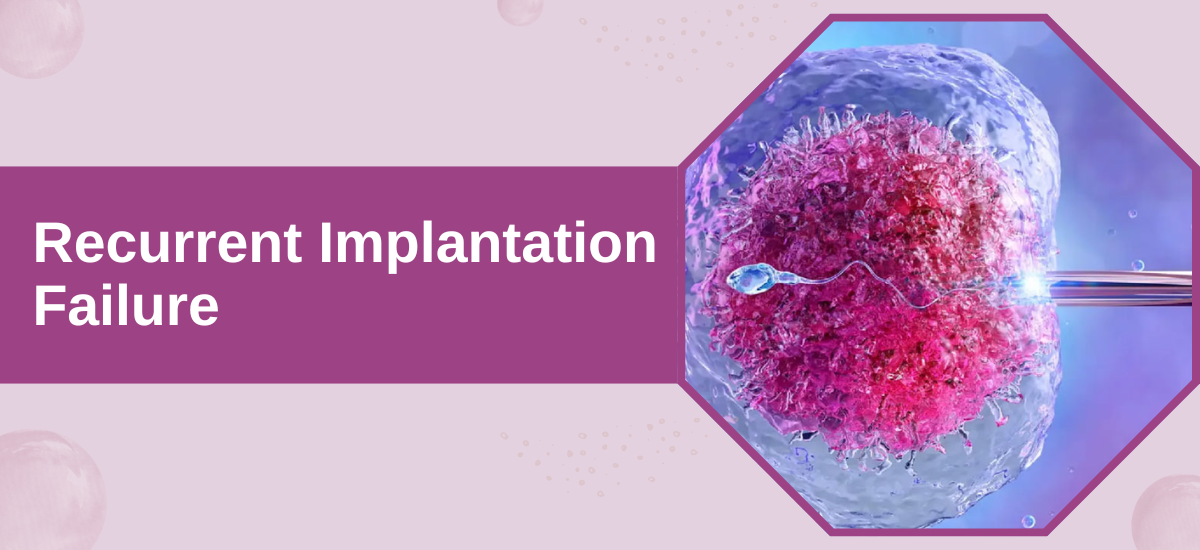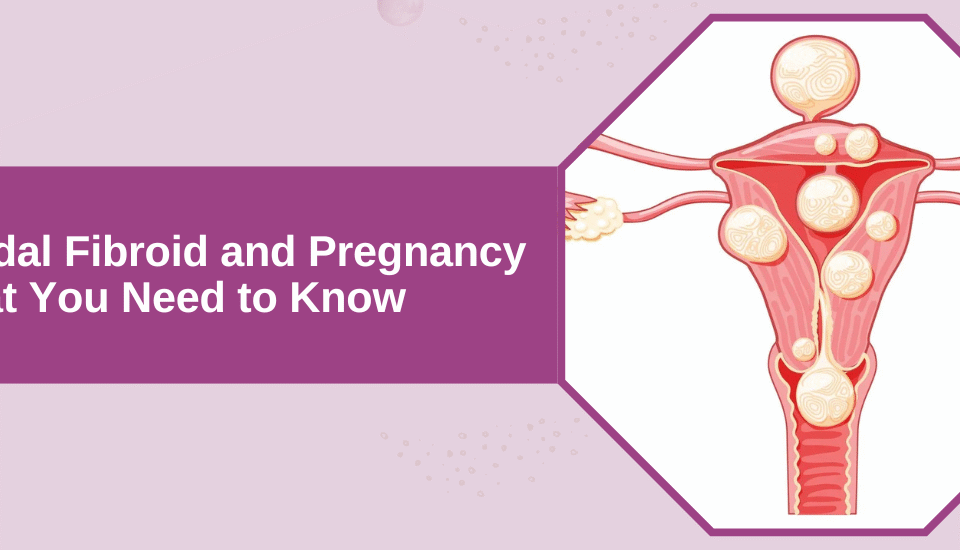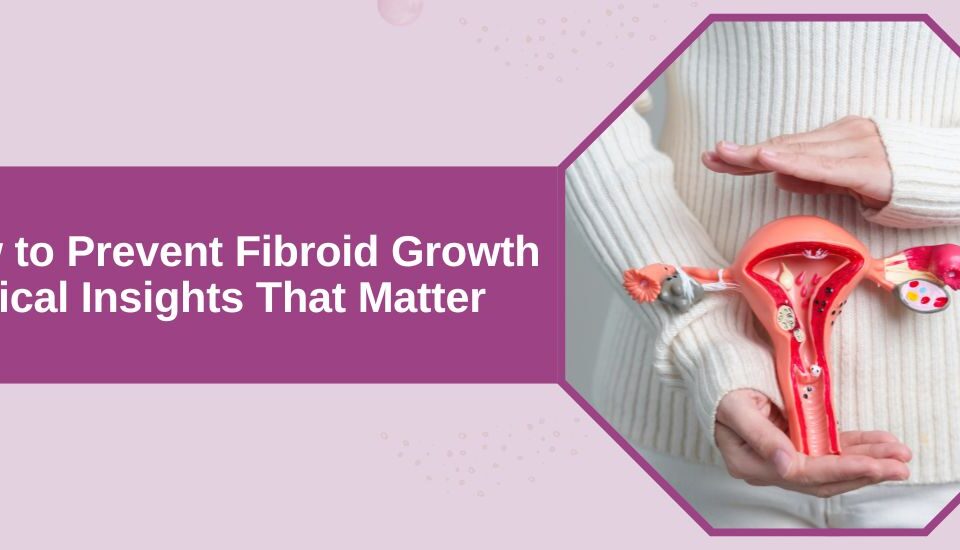- Have any questions?
- +91-98717 17305
- babiesandus12@gmail.com
Recurrent Implantation Failure – Introduction

No Symptoms 9 Days After Embryo Transfer – Babies and Us expert’s Guidance
December 19, 2024
No Breast Tenderness After Embryo Transfer: What It Means for Your IVF Journey
January 14, 2025Globally, infertility affects around 15% of couples, with IVF offering a successful path to parenthood for many. The average success rate for IVF ranges from 30% to 50%, depending on factors such as age and overall health.
However, for some, IVF brings its own set of challenges. One such hurdle is recurrent implantation failure (RIF), defined as the occurrence of three unsuccessful in vitro fertilization (IVF) attempts despite the transfer of high-quality embryos.
In such cases, couples often seek expert guidance from specialized fertility centers, such as Babies & Us Fertility IVF & ICSI Center in Mumbai. Here, experienced doctors provide personalized care and advanced solutions for people unable to conceive naturally, including recurrent implantation failure treatment.
This blog will explore what recurrent implantation failure is, its causes, diagnostic methods, treatment options, and preventive measures to help you understand and navigate your fertility journey.
Let’s investigate the causes and symptoms of recurrent implantation failure.
Recurrent Implantation Failure – Causes

Common causes of recurrent implantation failure include:
Advanced Maternal Age: Older women may experience reduced fertility due to age-related decline in egg quality, which can impact embryo viability.
Lifestyle Factors: Smoking, high body mass index (BMI), and elevated stress levels in either parent can negatively affect the chances of implantation.
Immunological Factors: Specific autoantibodies or imbalances in cytokine levels can lead to an immune response that attacks the embryo or disrupts implantation.
Chronic Endometritis: Infections in the uterus, such as chronic endometritis, caused by certain organisms can lead to persistent inflammation and interfere with embryo implantation.
Uterine Pathologies: Structural issues like fibroids, polyps, congenital abnormalities, or uterine scarring can physically obstruct the embryo from properly implanting.
Hormonal Imbalances: Low progesterone or elevated prolactin levels can prevent the uterine lining from supporting successful embryo implantation.
Sperm Quality: Poor sperm quality or DNA fragmentation may result in the creation of embryos that fail to implant despite appearing healthy.
Endometrial Receptivity: A misalignment in the timing of the uterine lining’s receptivity to the embryo, often referred to as a “window of implantation” issue, can reduce the likelihood of implantation.
Genetic Factors: Inherited genetic issues from either parent can affect the embryo’s ability to implant successfully.
According to the accomplished Babies & Us team, “Understanding the root cause of recurrent implantation failure is crucial. Each failure allows us to investigate deeper and tailor the next steps for success.”
Recurrent Implantation Failure – Symptoms

While recurrent implantation failure may not present with distinct physical symptoms, couples experiencing multiple failed IVF cycles should be aware of the following signs:
Absence of Pregnancy-Related Symptoms: Typical early pregnancy symptoms, such as breast tenderness, cramping, or nausea, are notably absent despite multiple embryo transfers.
Failed Embryo Implantation: The embryo does not attach to the uterine lining during multiple IVF attempts.
Biochemical Pregnancy: Pregnancy is confirmed by a blood test but fails to progress beyond the early stages.
Dr. Nandita Palshtkar, an eminent infertility doctor in Mumbai, notes, “The absence of pregnancy after multiple cycles can be emotionally draining, but it’s important to remain hopeful. With the right diagnosis, we can recognize these patterns, address the underlying issues, and provide better guidance and treatment options.”
Accurate diagnosis is key to overcoming recurrent implantation failure.
Diagnosing Recurrent Implantation Failure

Common recurrent implantation failure tests include:
Hysteroscopy: A procedure used to examine the inside of the uterus for abnormalities like fibroids or polyps.
Endometrial Receptivity Array (ERA): A test to determine the optimal timing for embryo transfer based on the receptivity of the uterine lining.
Preimplantation Genetic Testing (PGT): PGT is a test that screens embryos for chromosomal abnormalities.
Immunological Testing: The immune system’s potential role in preventing embryo implantation is evaluated.
The question remains: What options are available to you if you’ve experienced RIF? Consulting an experienced IVF specialist can help guide you through personalized solutions.
Next, we shall explore treatment options and preventive measures.
Treatment Options for Recurrent Implantation Failure

Fortunately, several treatment options are available to improve the chances of success after recurrent implantation failure:
PGT: Helps ensure the transfer of only genetically normal embryos, reducing the risk of implantation failure due to chromosomal abnormalities.
Laser-Assisted Hatching (LAH): LAH enhances the embryo’s ability to implant by thinning the zona pellucida (outer layer), aiding in successful implantation.
Hormonal Support: Hormonal medications, such as progesterone, provide essential support to the uterine environment, increasing the likelihood of implantation.
Immunotherapy: For couples with immune-related issues, immunotherapy can help regulate the immune system and prevent it from attacking the embryo, improving implantation chances.
Laparoscopic and Hysteroscopic Surgery: These minimally invasive surgical techniques help correct uterine problems such as fibroids, polyps, adhesions, or abnormalities that could interfere with embryo implantation.
Correction of Uterine Problems: Structural abnormalities in the uterus, like septums or scarring, can be corrected through surgery, enhancing the success rate of implantation.

Managing Autoimmune Problems: Low-dose corticosteroids can help modulate the immune response and prevent it from interfering with embryo implantation for women with autoimmune disorders.
Progesterone Support: Increasing progesterone supplementation post-embryo transfer can improve the uterine lining’s receptivity, aiding successful implantation.
Donor Oocyte or Sperm: For couples with genetic or fertility issues related to egg or sperm quality, using donor eggs (oocytes) or sperm may significantly increase the chances of a successful pregnancy.
Dr. Hrishikesh Pai, a prominent IVF doctor in India, says, “Treatment for RIF is continually evolving. Each cycle increases the likelihood of success, especially with personalized care and innovative treatments. Among these, Stem Cell Therapy is a promising approach being researched to improve uterine receptivity and embryo implantation.”
Preventive Measures
To reduce the risk of recurrent implantation failure, consider the following preventive steps:

- Maintain a healthy lifestyle by limiting processed foods and incorporating nutrient-rich options to improve reproductive health
- Quit smoking and limit alcohol as they negatively impact fertility in both men and women.
- Maintain an optimal body mass index (BMI), as obesity and being underweight can negatively affect fertility and increase the risk of RIF.
- Optimize timing for embryo transfer by aligning it with the uterine lining’s “window of implantation.”
- Screening both partners for chromosomal abnormalities through preimplantation genetic testing (PGT) can help ensure the transfer of the most viable embryos.
- Avoid excessive caffeine, as it has been linked to decreased fertility.
- Manage stress levels through practices like meditation, yoga, or counseling.
Conclusion
Recurrent implantation failure can be a challenging hurdle for couples who are eager to become parents, but it is not the end of the road. With continued advancements in reproductive medicine, innovative treatments are emerging to improve IVF outcomes for those who have faced repeated failure. The key is to remain hopeful, informed, and open to new possibilities.
If you have faced multiple IVF failures, isn’t it time to explore the many available options? Visit an IVF doctor with cutting-edge expertise to help you realize your dream of parenthood.
Now, let’s tackle some common concerns around RIF.
FAQs
Can age affect recurrent implantation failure?
Yes, age plays a significant role. As women age, egg quality tends to decline, which can increase the risk of recurrent implantation failure.
How many embryos should be transferred to improve success rates?
The number of embryos transferred depends on various factors, including age and medical history. Your IVF specialist will recommend the best approach.
Does body weight affect IVF success?
Yes, maintaining a healthy weight can improve IVF success rates. Both being underweight and overweight can affect hormone levels and implantation.
Can recurrent implantation failure be due to lifestyle factors?
Lifestyle factors, such as smoking, alcohol consumption, and high stress levels, can negatively impact implantation success and should be addressed.
Can there be a success after repeated implantation failure?
Success rates improve with each subsequent IVF cycle, especially with tailored treatment plans and advanced medical interventions like genetic screening.
Reference
https://rbej.biomedcentral.com/articles/10.1186/s12958-018-0414-2
https://www.fertstert.org/article/S0015-0282(21)02157-9/fulltext




